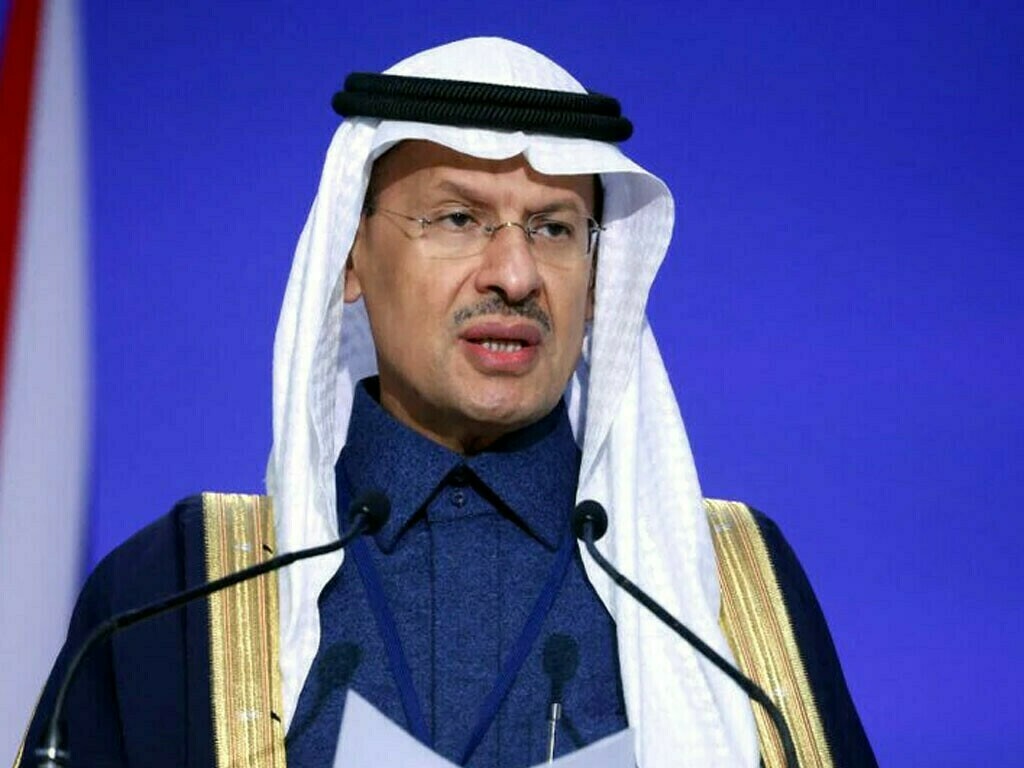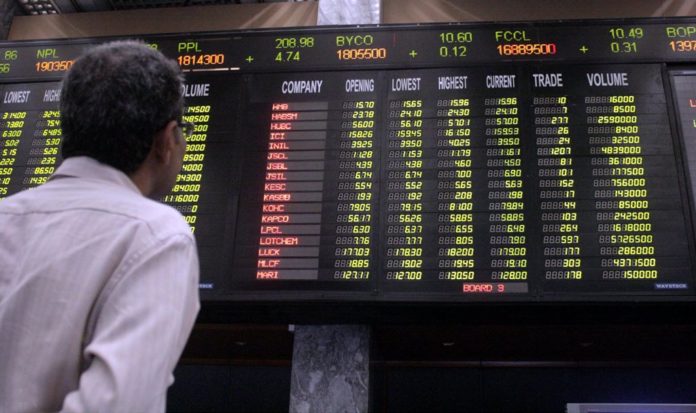PTBP Web Desk
Saudi Arabia’s oil minister, Prince Abdulaziz bin Salman, has issued a stark warning to fellow OPEC+ members, cautioning that oil prices could plummet to as low as $50 per barrel if the group does not adhere to its agreed production limits. The warning, reported by The Wall Street Journal on Wednesday, has sparked concerns that Saudi Arabia could initiate a price war to safeguard its market share if other oil producers refuse to comply with the group’s agreements.
The Organization of the Petroleum Exporting Countries and its allies, known collectively as OPEC+, have been working to regulate oil production levels to stabilize global oil markets and support prices. However, the ongoing issue of overproduction by some member countries threatens to undermine these efforts, leading Saudi Arabia to issue a pointed reminder of the potential consequences.
According to delegates cited by The Wall Street Journal, Saudi Arabia’s warning has been interpreted by some producers as a clear indication that the kingdom may resort to aggressive pricing strategies if other members do not follow through on their commitments. Prince Abdulaziz’s remarks have been seen by many as a thinly veiled threat, suggesting that Saudi Arabia could be prepared to trigger a price war to maintain its market dominance.
OPEC+ has a long history of managing production quotas to control supply and influence oil prices. However, non-compliance by certain members has been a recurring issue. In this context, Saudi Arabia’s warning is aimed at ensuring the group’s collective success in stabilizing the oil market, while also signaling the potential for market disruption if countries continue to produce more than agreed.
During a recent conference call, Prince Abdulaziz reportedly singled out Iraq and Kazakhstan for failing to comply with OPEC+ production targets. Both countries have been identified as consistent overproducers, jeopardizing the group’s efforts to curb supply and support prices. By exceeding their quotas, Iraq and Kazakhstan have contributed to an oversupply in the market, which has the potential to drive prices down.
The oil minister’s warning comes at a time when OPEC+ is closely monitoring global demand recovery in the aftermath of the COVID-19 pandemic, as well as geopolitical events that could impact supply and demand dynamics. The group has been working to balance production levels in response to these fluctuating market conditions, but overproduction by key members threatens to destabilize this delicate balance.
Later on Wednesday, a panel of ministers from OPEC+ is scheduled to meet to review market conditions. While no immediate policy changes are expected, the meeting is expected to focus on assessing compliance with current production quotas and discussing the challenges posed by overproduction from some member states. Saudi Arabia’s strong stance on maintaining discipline within the group will likely be a key topic of discussion.
Although no major policy shifts are anticipated at this meeting, the warning from Saudi Arabia highlights the ongoing tensions within the group as it seeks to maintain unity and compliance in a complex and ever-changing global oil market.
If Saudi Arabia were to launch a price war, it could have significant ramifications for the global oil industry. A deliberate increase in Saudi oil production to flood the market would likely lead to a sharp decline in prices, which could benefit oil-importing countries in the short term but would put considerable financial pressure on oil-exporting nations, particularly those heavily reliant on oil revenues.
A similar scenario unfolded in 2020 when a price war between Saudi Arabia and Russia, combined with the economic impact of the COVID-19 pandemic, sent oil prices tumbling to historic lows. The possibility of a repeat of such an event raises concerns about the stability of the global oil market and the economic repercussions for oil-dependent nations.
The warning from Saudi Arabia underscores the ongoing challenges that OPEC+ faces in maintaining production discipline and ensuring the effectiveness of its market-stabilizing measures. As the group continues to navigate a post-pandemic world with volatile demand patterns, compliance with production agreements will be critical to sustaining the group’s efforts to manage supply and support prices.
Looking ahead, OPEC+ will need to address the issue of non-compliance more effectively to avoid potential price wars and the associated market instability. The ability of the group to enforce its agreements and maintain cohesion among its diverse membership will be crucial in shaping the future of global oil markets.




